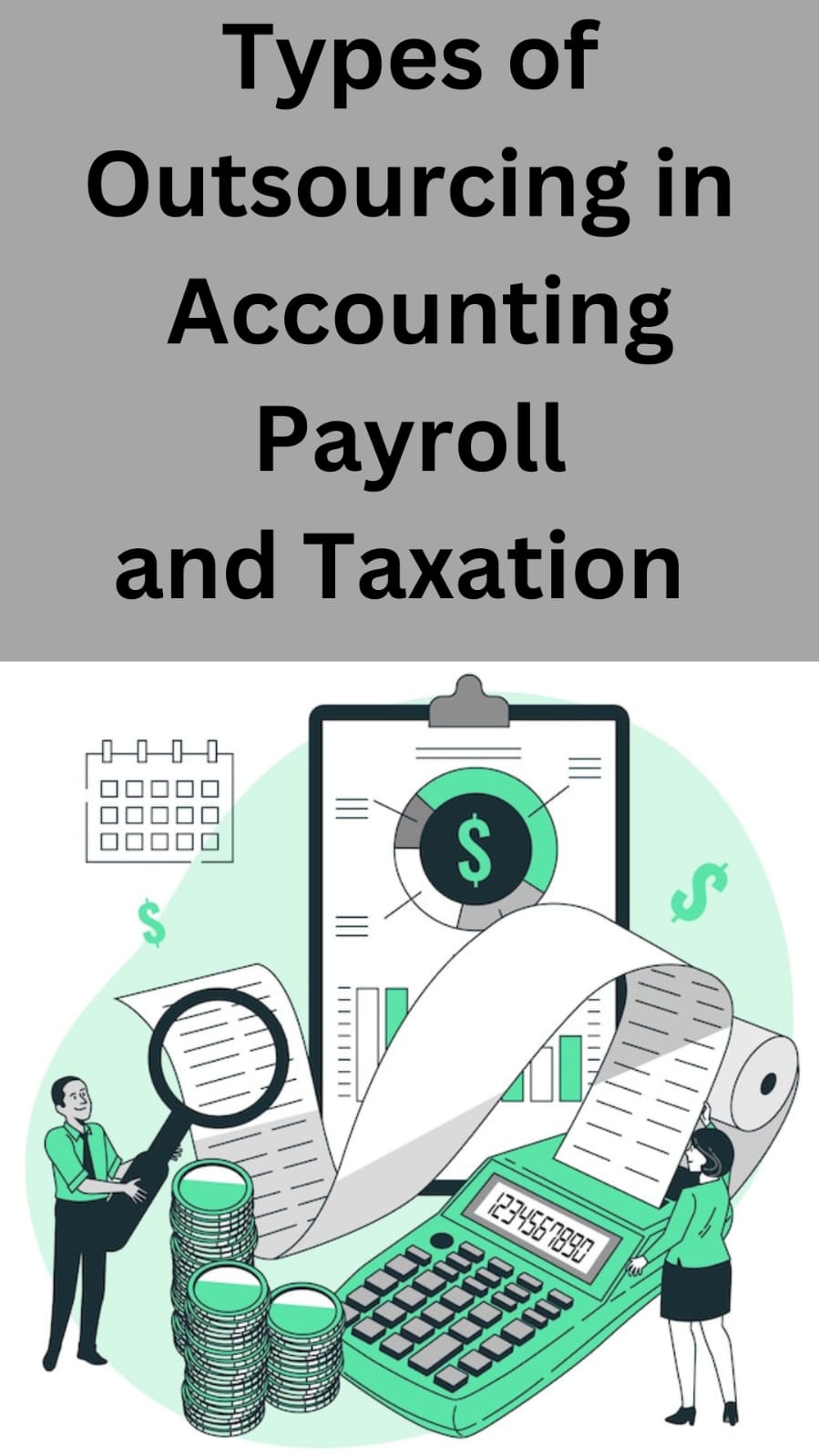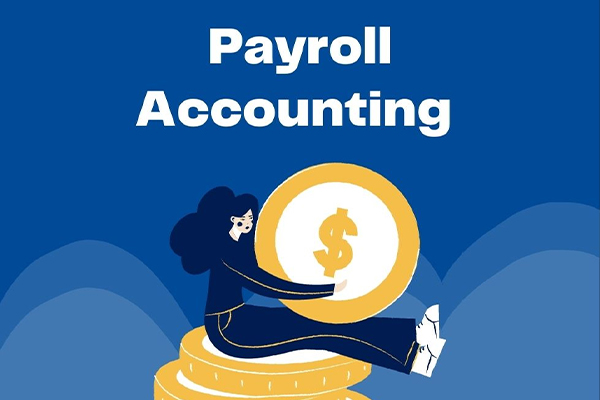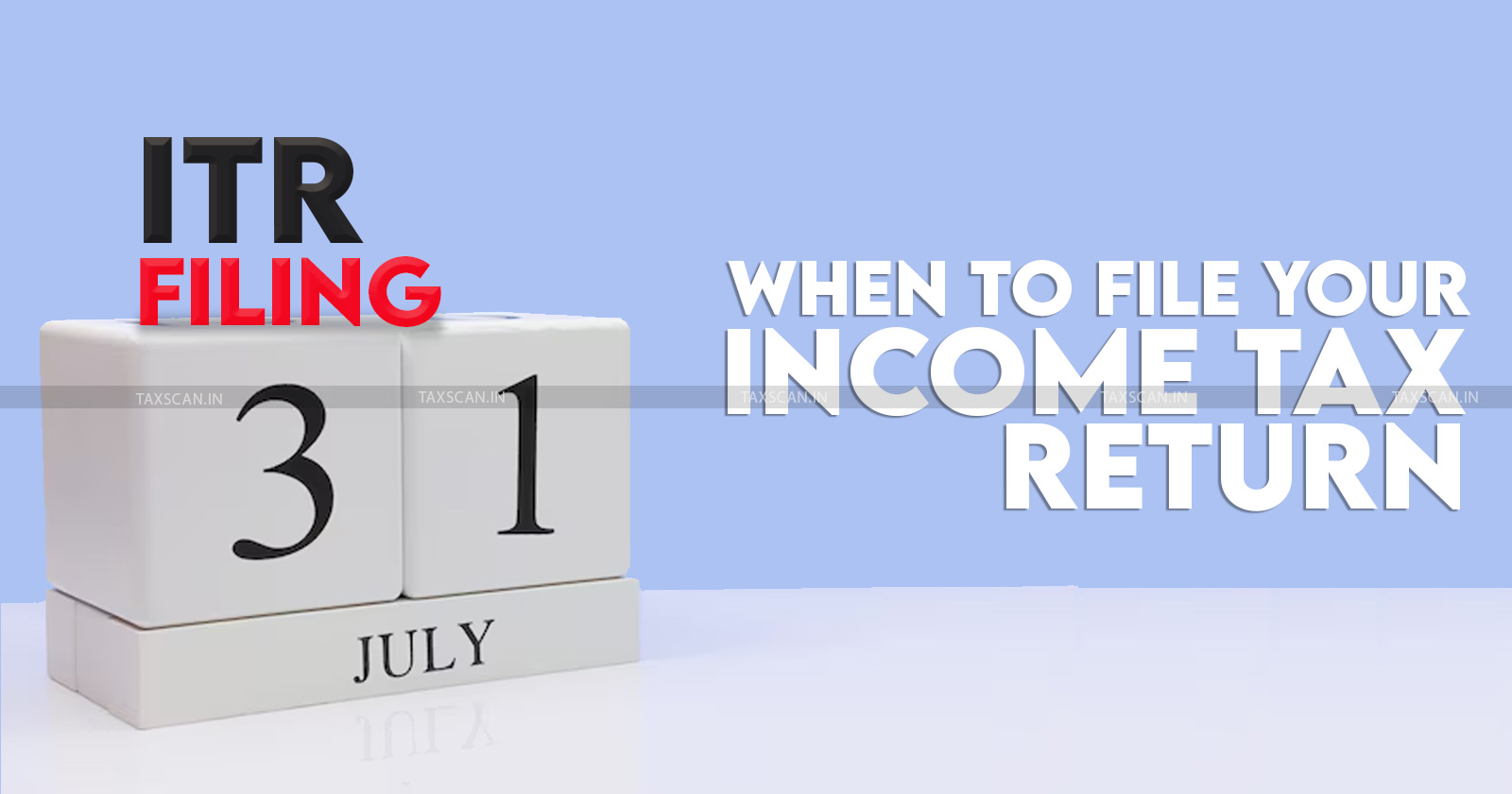Income Tax Law in Oman
Oman, located in the southeastern corner of the Arabian Peninsula, has emerged as a significant player in the Gulf Cooperation Council (GCC) due to its strategic location, political stability, and growing economy. Over the years, the country has implemented various economic reforms to attract foreign investment and diversify its economy, reducing its reliance on oil revenues. One of the critical components of these reforms is the development and enforcement of tax laws, including the Income Tax Law.
Oman, located in the southeastern corner of the Arabian Peninsula, has emerged as a significant player in the Gulf Cooperation Council (GCC) due to its strategic location, political stability, and growing economy. Over the years, the country has implemented various economic reforms to attract foreign investment and diversify its economy, reducing its reliance on oil revenues. One of the critical components of these reforms is the development and enforcement of tax laws, including the Income Tax Law.
Scope of the Income Tax Law
The Income Tax Law in Oman applies to:
1.Omani Companies: All companies incorporated in Oman, including public and private joint-stock companies, limited liability companies, and branches of foreign companies.
2.Foreign Companies: Companies that do not have a permanent establishment in Oman but derive income from sources within Oman.
3.Natural Persons: Unlike many other jurisdictions, Oman currently does not impose income tax on individuals. However, individuals are subject to taxation if they have income derived from business activities.
Taxable Income
Taxable income under Oman's Income Tax Law includes all income earned by an entity from various sources, such as:
Profits from commercial and industrial activities.
Income from movable and immovable property.
Royalties, interest, and dividends.
Gains from the sale of assets.
Corporate Income Tax
Applicable Entities: The tax applies to Omani companies, branches of foreign companies, and establishments.
Tax Rate: A standard tax rate of 15% is levied on taxable income, with certain exceptions like income from petroleum operations, which is taxed at 55%.
Exemptions: Small businesses with a capital of less than OMR 50,000 and annual revenue not exceeding OMR 100,000 are exempt from income tax. Additionally, certain sectors like agriculture and fishing may enjoy tax holidays.
Filing and Payment
Annual Filing: Companies are required to file their tax returns annually, within six months after the end of their financial year. Extensions may be granted upon request.
Payment of Tax: The tax is generally paid in advance based on the estimated taxable income for the year, with a final adjustment made upon filing the return.
Penalties and Compliance
Non-Compliance: Penalties for non-compliance can include fines and interest on unpaid taxes. Late filing of returns can attract a penalty of OMR 100 to OMR 1,000.
Double Taxation Agreements (DTAs): Oman has entered into several DTAs with other countries, providing relief from double taxation on income earned in multiple jurisdictions.
Conclusion
The income tax law in Oman reflects the country’s efforts to diversify its revenue sources beyond oil, making it crucial for businesses operating in Oman to stay informed about their tax obligations. Compliance ensures smoother operations and helps avoid penalties.














































